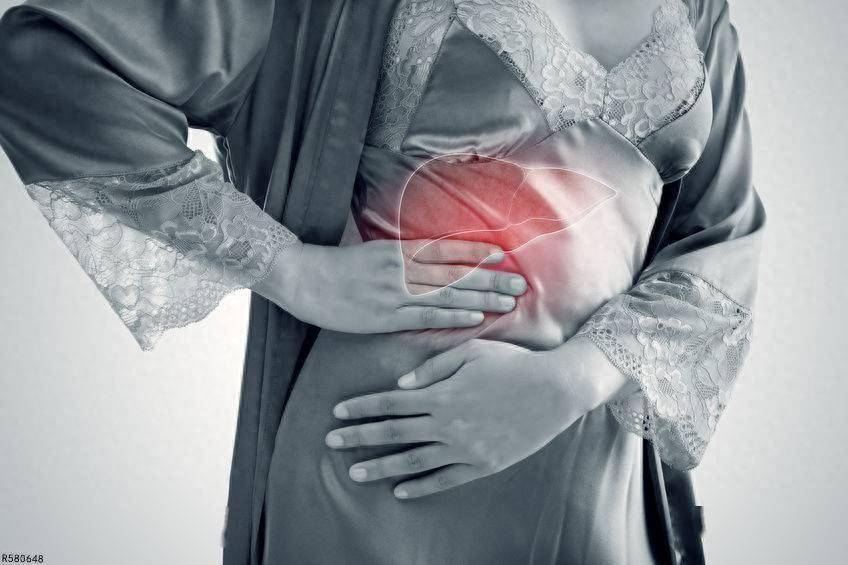The living conditions of modern people are getting better, and more people have the time to focus on body maintenance, protecting their health through various means, and promoting national health has become a hot topic.
There’s an old saying that goes, “Taking care of the liver is taking care of life,” because the liver plays a crucial role in the body and is involved in overall bodily functions. A healthy liver leads to a healthier body. Therefore, liver care is considered highly important in various health discussions.
To improve liver function, attention should also be paid to daily diet. Many diseases are linked to diet, and liver diseases are no exception. Consuming fewer foods that harm the liver can help maintain liver health.
So, which foods can damage the liver?
1. Alcohol
It is widely known that the primary component of alcohol is ethanol. When metabolized by the liver, it produces a large amount of acetaldehyde, which can irritate the liver and lead to liver inflammation or even alcoholic liver disease.
Therefore, individuals who excessively consume alcohol often have poor liver function, making them more susceptible to liver fibrosis and various liver diseases.
2. Raw meat
When it comes to foods that can harm the liver, raw meats must be mentioned. For example, raw fish slices like sashimi, especially those made from freshwater fish, can lead to liver fluke infection. Liver flukes can attach to the liver and bile ducts, causing conditions such as hepatitis and potentially progressing to liver cancer.
In addition, raw and marinated foods like drunken crab or drunken shrimp are harmful to the liver because they often contain parasites and microorganisms that regular alcohol preservation cannot entirely eliminate. Regular consumption can increase the likelihood of liver diseases.
3. Foods containing preservatives
To prevent food spoilage, many commercially available foods contain preservatives, such as sausages, canned meats, and instant noodles. While this extends the shelf life of food, not many are aware that such foods can be detrimental to liver health.
Preservatives act as toxins in the body, requiring the liver to detoxify them. The more preservatives consumed, the greater the burden on the liver. Moreover, some of these foods contain other additives that may promote the presence of carcinogenic substances like nitrites, increasing the risk of liver cancer. It is advisable to limit the consumption of such foods.
In addition to the mentioned foods, some other items are also not beneficial to liver health. For example, animal livers have high cholesterol content, increasing the risk of fatty liver disease with excessive consumption. Moldy foods like corn, peanuts, and rice are prone to producing aflatoxins, a highly toxic substance for the liver that can lead to liver cancer. Therefore, if food becomes moldy, it’s best not to consume it to avoid health risks.
Conclusion: It is essential for people to consciously care for their liver in daily life. Despite its resilience, the liver is a fragile organ that deserves attention and protection. Therefore, it’s advisable to avoid foods that are harmful to the liver. Conversely, consuming liver-supporting foods such as fruits and vegetables high in vitamin C and protein-rich foods are beneficial for liver health, promoting liver function and immunity. This is especially crucial for individuals with liver conditions.


